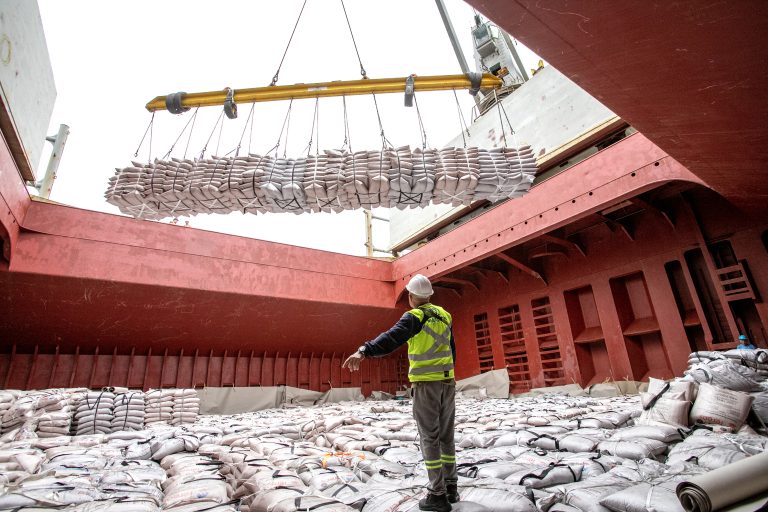São Paulo – Brazil’s exports to Arab countries grossed USD 17.7 billion between January and September, up 25.6% from the same period in 2023, according to data from the Ministry of Development, Industry, Trade and Services detailed by the Arab-Brazilian Chamber of Commerce (ABCC). Imports recorded a slight decline, to USD 7.9 billion. The trade surplus reached USD 9.8 billion, and the total trade volume USD 25.6 billion. If the pace continues, Brazil is expected to break the record of trade with Arab nations that was set in 2023.
ABCC Market Intelligence Manager Marcus Vinicius highlights record exports of sugar and corn in September. A total of USD 681.9 million worth of sugar was shipped, with Algeria and Egypt as the main importers, as well as USD 338.6 million worth of corn, primarily to Egypt.
Year-to-date sugar exports to Arab countries amount to USD 4.98 billion, representing a growth of 47.8% compared to the USD 3.37 billion exported through September 2023. In second place are exports of meats and by-products, totaling USD 4.2 billion, an increase of 28.2%; followed by sales of ores, slag, and ash, totaling USD 2.4 billion (+18.8%), and seeds and oilseeds, totaling USD 1.07 billion (-23.47%).
The leading destinations of Brazilian exports were the United Arab Emirates, Egypt, Saudi Arabia, Algeria, and Iraq. Together, the 22 countries of the Arab League represent the third-largest destination of Brazilian exports, behind China and the United States. The top Arab exporters to Brazil through September were Saudi Arabia, Morocco, Algeria, the UAE, and Egypt. Collectively, the Arab countries make up the sixth-largest supplier to Brazil.
Brazil sees a decline in imports from Arab countries
Imports, on the other hand, recorded a slight decrease. Despite this, purchases of certain items also reached record highs in September. Brazil’s imports totaled USD 7.9 billion until September, a value 0.53% lower than the USD 8.02 billion posted in the same period of 2023.
The top product that Brazil imported from Arab countries through September were oil and derivatives, totaling USD 4.1 billion, a decrease of 5.8% compared to the same period last year. Then came fertilizers, with a total of USD 2.4 billion, down 4.6%, and plastics, totaling USD 353.8 million, an increase of 82.9%.
“Despite the mentioned decline, the month of September recorded historical highs in Brazilian imports from Arab countries for phosphate fertilizers at USD 119.2 million, primarily from Morocco and Egypt, polypropylene polymers at USD 22.68 million, mainly from Saudi Arabia, and finally, iron or steel bars at USD 12.23 million, mostly from Egypt,” says Vinicius.
“At the current pace of commercial relations between Brazil and Arab countries, it is believed that the year 2024 will set a new historical record for Brazil’s export and trade relations with Arab nations,” says Vinicius.
Read more
Brazil posts record surplus with Arab countries in 2023
Translated by Guilherme Miranda




